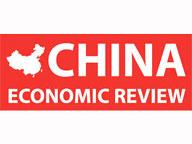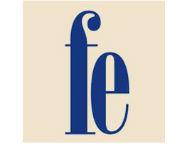Faculty News
—
Prof. Aswath Damodaran's on taxi regulations and Uber's business practices
—

Excerpt from NPR -- "I think Uber's master plan is: 'If we have enough people who care about Uber service, and they vote, then we can get these regulations changed.'"
Faculty News
—

Excerpt from NPR -- "I think Uber's master plan is: 'If we have enough people who care about Uber service, and they vote, then we can get these regulations changed.'"




















